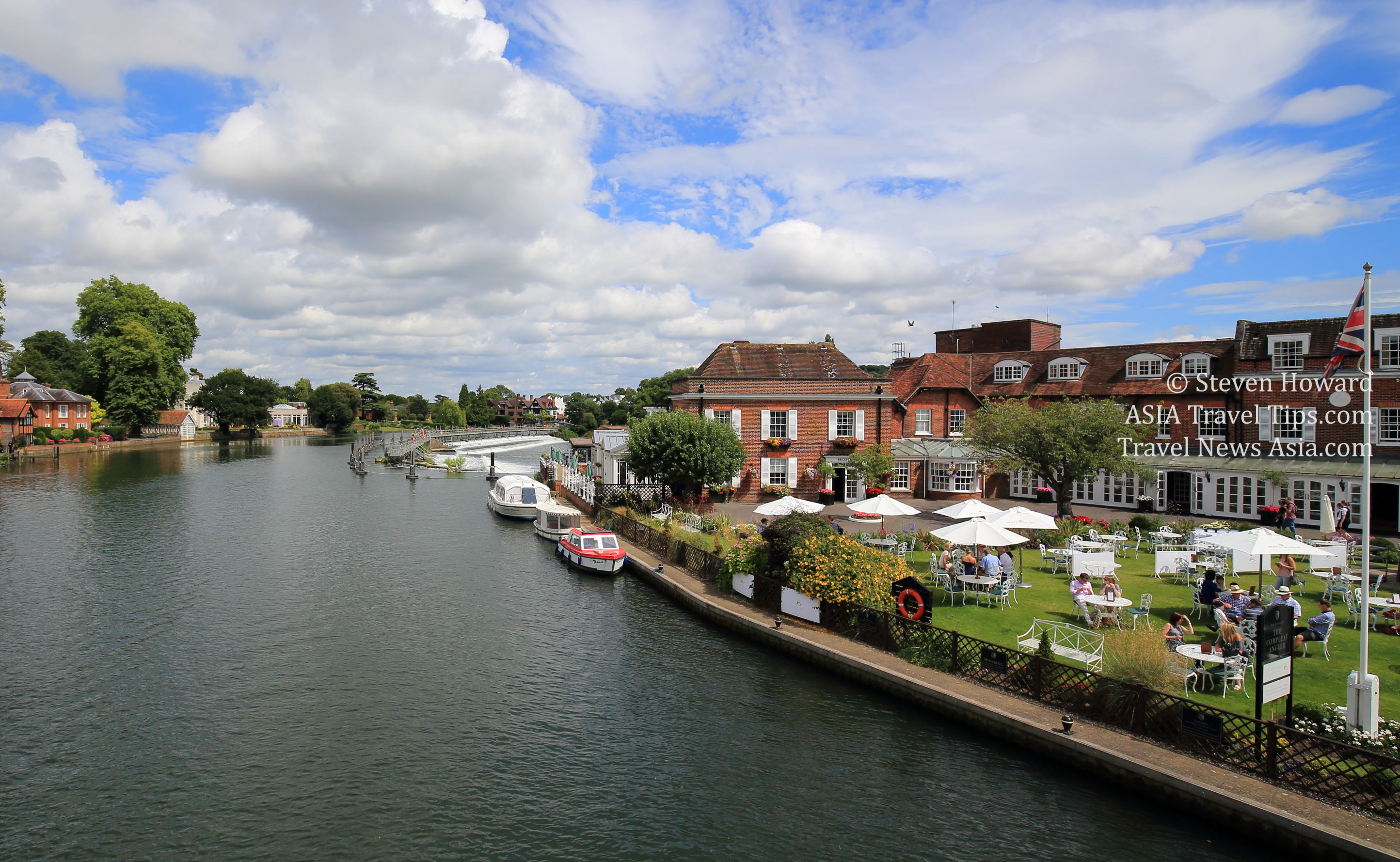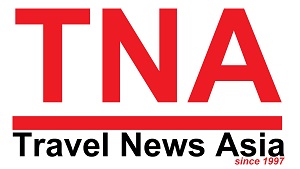|
According to the World Travel & Tourism Council
(WTTC), nearly three million jobs in the travel and tourism sector
in the UK, and 197 million globally, look set to be lost due to
the impact that the ongoing COVID19 pandemic is having on travel.
WTTC economic modelling conducted less than two
months ago predicted this �worst case scenario� would occur if
barriers to global travel, such as quarantine measures and blanket
travel restrictions were to remain in place.
While some travel bans have been removed, many
others remain, with new restrictions likely to come into force to
tackle the continuing threat posed by COVID19 and possible new
spikes.
However, the confusing patchwork of bans,
quarantines and uncoordinated international testing and tracing
measures, have deterred many people from travelling at all with
the peak summer 2020 travel season all but being wiped out.

Travel to Spain was thrown into chaos
when the UK government changed its travel advice to re-impose a
14-day quarantine period for people arriving back in the UK. This
countrywide �travel ban� came despite parts of Spain, such as Andalucia, the Balearics and Canaries having a lower COVID19
infection rate than the UK.
WTTC estimates the UK now looks close to losing a
staggering $186 billion from the travel and tourism sector�s
contribution to UK GDP, equating to a 73% percent drop compared
with 2019.
Gloria Guevara, WTTC President & CEO, said, �It�s
heartbreaking to see our worst fears for the UK and global travel
and tourism sector coming true. The jobs and livelihoods of millions
of people who work throughout the sector are disappearing by the
day, despite our warning this could happen. While we acknowledge the UK government�s efforts
to support travel and tourism during this crisis, the UK alone looks
set to lose three million jobs in the sector, creating an economic
black hole of US$186 billion in the country�s finances. This is
due to an international failure to implement proper coordination
to combat the pandemic.
�However, we still have time to turn this around
if we act together now as one and replace ineffective quarantines
with comprehensive rapid testing, a worldwide accepted standard of
contact tracing and widespread face mask usage. Employing the
latest technology, combined with mass adoption of protective face
coverings, will help restore confidence to the traveller. Governments around the world must align their
policies and work hand in hand with the private sector to revive travel
and tourism, so we can restore jobs and help revive the
global economy. We strongly believe that by working as one we can
beat COVID19 and return to safe travels with world class
standards of hygiene to travellers and regenerate the jobs and
livelihoods of the 300 million people who worked in the sector
before COVID19. That is a much more cost effective and efficient
option which will alleviate the terrible economic impact of mass
unemployment.�
The WTTC claims that there is ample evidence from other countries which suggests only
those who test positive should be quarantined. The council believes the implementation of a rapid
test and trace strategy is a critical step to help contain the
spread of the virus, while still allowing people to travel
responsibly and encouraging greater and sustained collaboration
between the public and private sectors to ensure a standardised,
global approach to the crisis.
On 30 July, the World Health Organisation
(WHO) said that each country should conduct a risk-benefit
analysis and decide on its priorities.
The decision process should include an analysis of
the situation, taking into account the local context in countries
of departure and destination. The WHO recommends that the
following factors should be considered: local epidemiology and
transmission patterns, the national public health and social
measures for controlling the outbreaks in both departure and in
destination countries; public health and health service capacity
at national and subnational levels to manage suspect and confirmed
cases among travellers, including at points of entry (ports,
airports, ground crossings) to mitigate and manage the risk of
importation or exportation of the disease; and the evolving
knowledge about COVID19 transmission and its clinical features.
Any subsequent measure must be proportionate
to public health risks and should be adjusted based on a risk
assessment, conducted regularly and systematically as the COVID19
situation evolves and communicated regularly to the public.
The WHO also recommends that priority should be
given to essential travel for emergencies, humanitarian actions
(including emergency medical flights and medical evacuation),
travel of essential personnel (including emergency responders and
providers of public health technical support, critical personnel
in transport sector such as seafarers and diplomatic officers),
and repatriation. Cargo transport should also be prioritized for
essential medical, food and energy supplies.
Sick travellers and persons at risk,
including elderly travellers and people with chronic diseases or
underlying health conditions, should delay or avoid travelling
internationally to and from areas with community transmission.
The WHO has repeatedly said that there is no �zero
risk� when considering the potential importation or exportation of
cases in the context of international travel. Therefore, thorough
and continuous risk assessment and management will help identify,
reduce and mitigate those risks, while balancing the
socio-economic consequences of travel measures, or temporary
restrictions, against potential adverse public health
consequences.
According to WTTC�s 2020 Economic Impact Report,
during 2019, travel and tourism was responsible for one in 10 jobs
(330 million in total), making a 10.3% contribution to global GDP
and generating one in four of all new jobs.
See also:
Airports, Air Travel and COVID19 - Exclusive Interview with
SITA's President of Asia Pacific, Sumesh Patel.
See latest
Travel News,
Video
Interviews,
Podcasts
and other
news regarding:
COVID19,
WTTC,
England,
Conwy,
Wales,
Marlow.
|
Headlines: |
|
|
